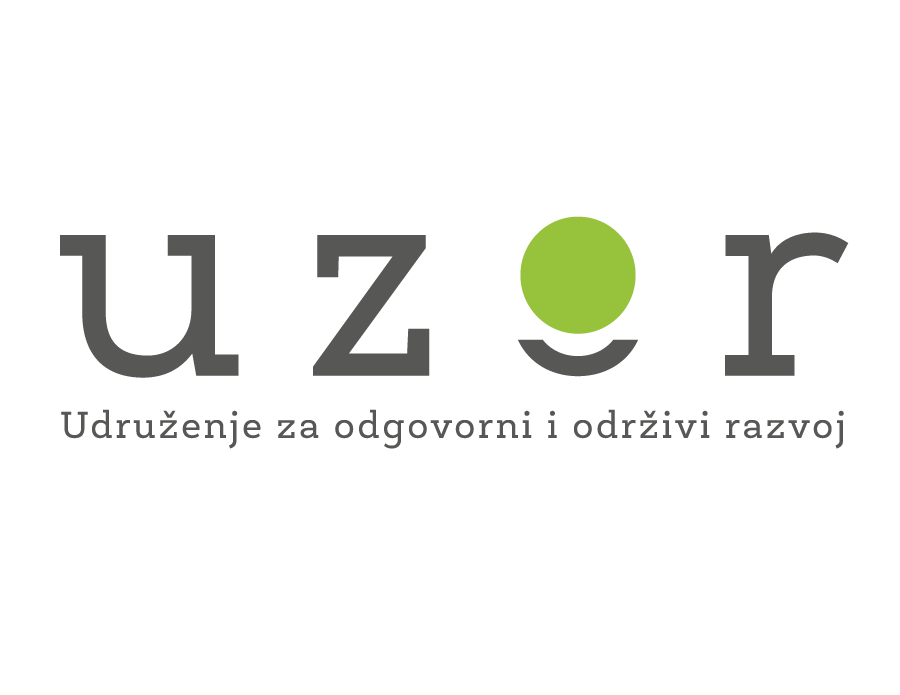The project “(Un)wanted in Public Space,” which began in August, aims to create space for women’s voices and encourage gender equality in the public sphere.
Despite the fact that laws and strategies in Montenegro recognize the importance of gender equality, reality shows a different picture – women in politics and media are still often overshadowed. Female politicians and journalists frequently face insults, threats, and online campaigns, as well as challenges in real life. This affects not only their safety but also their willingness to actively engage in decision-making.
This project was created as a response to those challenges. Its mission is clear – to provide women with more space, more support, and more safety to be visible and active in public life.
Through a series of activities, the project connects research, dialogue, and creative formats: it will analyze political party websites and social media to reveal how women are represented, organize focus groups with young women across Montenegro, and allow female journalists to share their experiences through interviews. All of this will be translated into recommendations and publications that can help media, institutions, and political actors improve their practices.
In addition to research, the project will also have a strong media component – podcasts and social media campaigns bringing personal stories, inspiring examples, and messages encouraging young women to believe in themselves and their voices.
The target groups are primarily young women and female journalists, but also the wider public, political parties, and media organizations. By directly involving participants and spreading results through digital channels, the project reaches thousands of citizens.
Its contribution does not end with research results – “(Un)wanted in Public Space” encourages a change in social narratives. It sends a clear message that women should not only be the subject of stories but also their main actors.
In the long term, the project will strengthen a culture of gender equality, reduce stereotypes, and contribute to Montenegro becoming a society where every woman’s voice is heard, respected, and valued.

